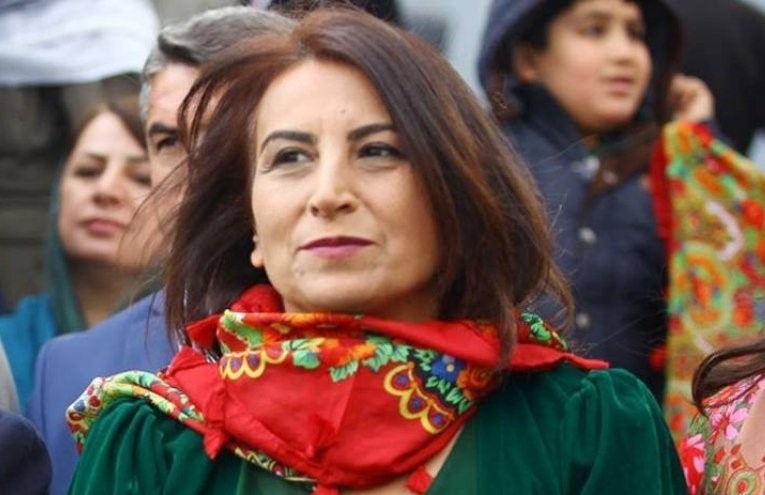In yet another controversial report drafted by Turkey’s Council of Forensic Medicine (ATK), it was stated that a jailed Kurdish politician who is suffering from dementia is fit to remain in prison, according to the Mezopotamya news agency, which cited the politician’s lawyers.
This was the third time the ATK had issued such a report for Aysel Tuğluk, who is currently held in a maximum-security prison in Kocaeli province.
Tuğluk’s lawyers said in a statement on Thursday that they had filed an objection to the ATK report, which they said was biased and lacked evidence. The lawyers said statements by Tuğluk’s cellmates, family members who visit her in prison and an opinion presented by the Human Rights Foundation of Turkey (TİHV) on the condition of the Kurdish politician all show that she is not fit to remain in prison and cannot meet her daily needs alone.
The lawyers said Tuğluk should be released from prison as soon as possible in order to prevent a deterioration of her condition.
Earlier this year the court ordered that Tuğluk be observed by the ATK for a maximum three-week period. However, the ATK sent her back to prison after three days.
As the number of sick prisoners dying in prison has increased, doubts about the credibility and independence of the council have grown since the institution is affiliated with the Ministry of Justice.
Tuğluk was arrested on December 29, 2016, when she was deputy co-chair of the pro-Kurdish Peoples’ Democratic Party (HDP), along with seven other Kurdish opposition politicians. She was sentenced to 10 years in prison on charges of serving as an executive of a terrorist organization and taking orders from Abdullah Öcalan, the jailed leader of the outlawed Kurdistan Workers’ Party (PKK), an armed group listed as a terrorist organization by Turkey, the European Union and the US.
Tuğluk has denied the accusations, saying she never called for violence and always sought democratic solutions to problems the Kurds faced.
On September 5, 2021, her lawyers issued a written statement saying Tuğluk was sick and was denied access to proper healthcare in prison, without disclosing her illness. It was later revealed she was showing symptoms of dementia.



